As an otolaryngologist, or ENT specialist, I have dedicated my career to understanding the intricate workings of the ear, nose, and throat. These areas are crucial for our daily functioning and quality of life. Thus, I’d like to share some essential insights to help you maintain optimal ENT health.
Early Detection of Common Ear, Nose, and Throat Disorders
Recognizing common disorders that affect the ear, nose, and throat early is vital. Conditions like sinusitis, ear infections, and tonsillitis are frequently encountered. Early symptoms such as persistent congestion, hearing loss, or a sore throat that doesn’t go away should not be ignored. Timely consultation with an otolaryngologist can prevent these issues from becoming severe. Regular check-ups are vital for early detection and treatment.
The Significant Impact of Allergies on Ear, Nose, and Throat Health
Allergies significantly impact the ENT system, often leading to chronic conditions. Allergic rhinitis, for instance, causes sneezing, itching, and nasal congestion. These symptoms, although common, can severely affect your daily life. Managing allergies through medications, avoiding triggers, and possibly immunotherapy can greatly improve your symptoms. The Australasian Society of Clinical Immunology and Allergy emphasizes the importance of understanding and managing allergies effectively.
The Role of Innovative Treatments in Modern Otolaryngology
Advancements in ENT treatments have been remarkable. Minimally invasive surgeries, like balloon sinuplasty for chronic sinusitis, have revolutionized patient care. These procedures offer quicker recovery times and less discomfort. Staying informed about these innovations can help you make better treatment decisions. For example, the introduction of cochlear implants has transformed the lives of individuals with severe hearing loss.
Maintaining Good Hygiene for Optimal Ear, Nose, and Throat Health
Maintaining good hygiene is crucial for ENT health. Simple practices like washing your hands frequently, avoiding close contact with people who are sick, and not sharing personal items like earbuds can prevent infections. Regular cleaning of nasal passages with saline solutions also helps keep them clear and moist. As an otolaryngologist, I always emphasize these practices to my patients.
How Diet and Hydration Contribute to Ear, Nose, and Throat Health
Diet and hydration play significant roles in maintaining ENT health. Staying hydrated keeps mucous membranes moist, which helps them function properly. Consuming a balanced diet rich in vitamins A, C, and E supports immune function and tissue repair. Foods like fruits, vegetables, and lean proteins are beneficial. The National Health Service (NHS) in the UK suggests that these nutrients are essential for maintaining healthy tissues in the ear, nose, and throat.
Addressing Sleep Apnea and Snoring for Better Health
Sleep apnea and snoring are common issues that fall under the expertise of an otolaryngologist. These conditions can lead to severe health problems if left untreated, including cardiovascular diseases. Treatments vary from lifestyle changes to surgical interventions. Using continuous positive airway pressure (CPAP) devices or undergoing surgeries like uvulopalatopharyngoplasty (UPPP) can significantly improve sleep quality and overall health.
The Importance of Hearing Protection to Prevent Hearing Loss
Hearing protection is often overlooked but crucial for preventing hearing loss. Exposure to loud noises can damage the delicate structures in the ear, leading to permanent hearing loss. Using earplugs in noisy environments, turning down the volume on personal audio devices, and taking breaks from loud noise can protect your hearing. The World Health Organization (WHO) emphasizes the need for awareness and preventive measures to combat noise-induced hearing loss.

Effective Management of Chronic Ear, Nose, and Throat Conditions
Managing chronic ENT conditions like chronic rhinosinusitis or recurrent ear infections requires a comprehensive approach. It often involves medication, lifestyle adjustments, and sometimes surgery. Regular follow-ups with an otolaryngologist ensure that the condition is monitored and managed effectively. The Canadian Society of Otolaryngology provides guidelines for managing these chronic conditions, highlighting the importance of individualized treatment plans.
The Future of Otolaryngology with Telemedicine and Technological Advancements
The future of ENT care looks promising with the advent of telemedicine and other technological advancements. Telemedicine allows for virtual consultations, making it easier for patients to access specialist care. This is particularly beneficial for follow-up appointments and managing chronic conditions. Additionally, advancements in robotic surgery and AI-assisted diagnostics are set to further improve patient outcomes in ENT care.
Preventive Care as a Key to Maintaining Ear, Nose, and Throat Health
Preventive care is key to maintaining ENT health. Regular check-ups, vaccinations (like the flu vaccine), and avoiding smoking can prevent many ENT disorders. Educating patients about the importance of preventive care is a significant part of my role as an otolaryngologist. The Centers for Disease Control and Prevention (CDC) emphasize that preventive care can significantly reduce the incidence of ENT disorders.
In conclusion, understanding and maintaining your ear, nose, and throat health is essential for overall well-being. As an otolaryngologist, my aim is to provide comprehensive care and stay updated with the latest advancements in the field. By sharing these insights, I hope to empower you to take proactive steps towards better ENT health.
